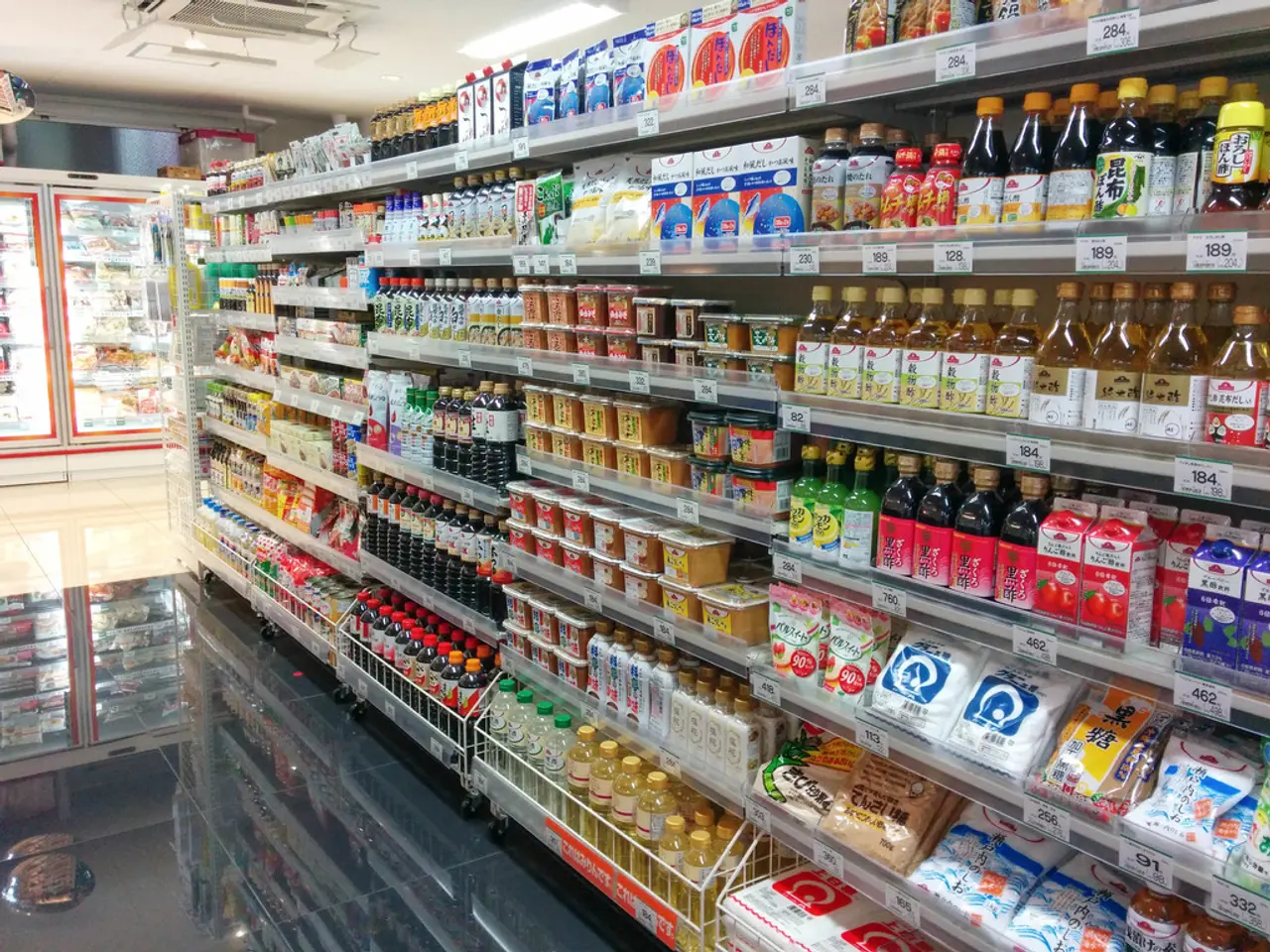Has a Surge in Retail Sales Proven Temporary?
As the world slowly emerges from the economic downturn caused by the COVID-19 pandemic, the retail sector is facing a complex and uncertain future. While some retail sectors have experienced a rebound, others have missed out on the recovery.
The shift towards online shopping and pickup-only operations has led to job reductions at retailers and restaurants. High-profile bankruptcies since May, such as J.Crew, J.C. Penney, Brooks Brothers, and GNC, have further exacerbated the situation.
However, shoppers eager to go out and spend have helped to boost retail sales. In June, retail sales increased by 7.5%, partly due to stimulus money and enhanced unemployment payouts. As stores reopened and the weather warmed, shoppers resumed spending activities.
Despite this recovery, the short-term future of retail is facing some serious headwinds. The resurgence of COVID-19 in certain states, such as Texas, Florida, California, and Arizona, may lead to an erosion of recent retail growth numbers. People are still being asked to social distance and wear masks as businesses reopen, which may deter some shoppers from returning to brick-and-mortar stores.
The divide between "essential" and "nonessential" retailers has grown during the pandemic. While e-commerce and restaurant takeout are helping to keep consumer spending during this time, temporary closures delivered a severe blow to many large apparel chains, department stores, and malls. Macy's and Levi's have cut corporate jobs in addition to furloughing or laying off store workers.
The pandemic has caused a disproportionate increase in sales compared to pre-pandemic levels, but it is too early to determine the extent of the impact of the COVID-19 resurgence on retail growth. Recent retail insolvencies, such as the German fashion retailer Modehaus Sinn, the bicycle and E-bike producer KSR Group, and the Swiss vegan fast food chain Swing Kitchen, illustrate widespread economic struggles amplified by inflation, energy prices, and changing consumer behavior.
This recovery may take longer than previously thought, and the retail sector will need to adapt to the new normal in order to survive. The pandemic has accelerated the shift towards online shopping, and retailers will need to invest in their e-commerce platforms and delivery infrastructure in order to remain competitive.
In addition, retailers will need to find ways to make their stores safe and welcoming for shoppers, while also ensuring the health and safety of their employees. This may involve implementing social distancing measures, providing personal protective equipment, and improving ventilation systems.
The retail sector will continue to face challenges in the coming months, but with careful planning and adaptation, many retailers will be able to weather the storm and emerge stronger on the other side.
Read also:
- Peptide YY (PYY): Exploring its Role in Appetite Suppression, Intestinal Health, and Cognitive Links
- Toddler Health: Rotavirus Signs, Origins, and Potential Complications
- Digestive issues and heart discomfort: Root causes and associated health conditions
- House Infernos: Deadly Hazards Surpassing the Flames








